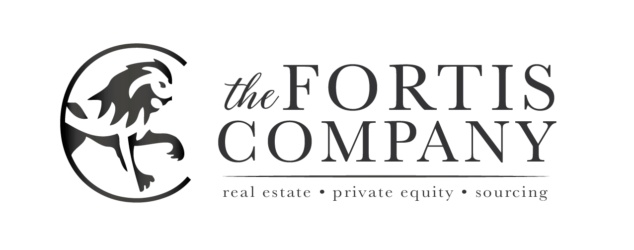Take Your Business to the Next Level With Private Equity

What is the purpose of private equity firms?
Do they simply put money into their portfolio firms and then vanish for five years?
No, no, and no. Certainly not. Private equity businesses are much more than just money managers. They actually assist their portfolio companies in a variety of ways.
In this post, we’ll delve a little deeper into what private equity firms do when they’re not investing in their portfolio companies.
Improving Portfolio Companies’ Brand Image
Many individuals still believe that private equity firms are only interested in stepping in for a few years and then cashing out. That thinking is changing now, as private equity firms see the value of effective brand development for their portfolio companies. The brand of a firm is a valuable asset since it is the brand for which people are willing to spend a few dollars more. When commodities fail, brands thrive. PE firms are aware of this and can assist portfolio companies in developing a long-lasting brand image.

It’s not always about getting a 10X return on investment by charging more and more for a company’s products or services to improve brand value. Improving your brand’s image entails superior personnel management and exceeding market demands. Increased revenue is simply a side effect of all of this.
Expanding the Business and Analyzing Growth Opportunities
The goal of private equity businesses is to expand. A private equity firm can strategize growth and expansion practically immediately after coming on board, even if a portfolio company has been stuck in its current position for years. PE firms understand how to maximize a company’s actual potential, whether it’s making changes to a current business model or developing a new one. They can also assist businesses with digital transformation and the expansion of their digital product and service offerings. The pandemic has demonstrated the importance of turning digital, or at the very least having a digital backup in the event of a disaster.
For example, if a portfolio company’s products are only available in brick-and-mortar locations, a PE firm can step in and build a high-converting e-commerce website to expand the client base from local to worldwide while also allowing local customers to place orders online.
Another example would be assisting the company in increasing profit margins by lowering production costs and devising a strategy to improve operations efficiency. Private equity firms look for untapped potential in the companies they invest in. Without sufficient direction from private equity firms, portfolio company decision-makers may find it difficult to do so.
Managing the Portfolio Company’s Existing Executive Team
It’s a common misconception that private equity firms virtually fully replace the existing workforce of their portfolio companies. That isn’t always the case, and prominent private equity companies frequently go to great lengths to keep their existing employees. After all, why let good individuals go when they can contribute to the company’s growth? Old personnel who have been with the company for a long time know everything there is to know about it. Private equity professionals, on the other hand, can come in and teach growth techniques and industry best practices to an underperforming company’s workforce.
Some portfolio companies are unable to realize their full potential due to a lack of adequate management and skilled assistance, not because they have a bad business. Private equity professionals can identify skill shortages and leadership concerns in a current team and take steps to improve performance, such as upskilling internal management or recruiting temporary managers or consultants. This is something we’ll go into in depth in this essay.
Investing in tools and technology to boost productivity
Prior to engaging with private equity firms, portfolio companies frequently follow the ‘that’s how we’ve always done it’ routine. And it may happen for any number of reasons. Perhaps because some businesses were simply unaware of the availability of the necessary equipment, or perhaps because they were fearful of change. However, for any business to develop, top-of-the-line equipment and cutting-edge technologies are required.
If a private equity firm detects that existing equipment or technology is insufficient for maximum efficiency, they might assist their portfolio companies in obtaining the best available tools. If a portfolio business’s data is still stored on an unreliable on-premise data center, for example, a private equity firm can assist the company with cloud migration and continuous maintenance.

Recruiting the Right People to Move Their Portfolio Companies Forward
Expansion, growth, and return on investment are all important to private equity organizations. All of this will be impossible to accomplish without bringing on a large number of additional talented staff, interim managers, and freelance consultants. Fortunately, this procedure is much simpler now than it was previously. Thanks to recruitment firms and internet consulting platforms that have instant access to hundreds of qualified individuals.
Some freelance consultant platforms can even staff a project with a top freelance consultant in only a few days. To improve a portfolio company’s market share and brand value, training the existing personnel isn’t always enough. Hiring new employees is essential, and private equity firms excel at it. PE firms can locate and hire top-notch talent that an underperforming portfolio business sorely needs to flourish by partnering with the proper recruiting firms and consulting platforms.
Last Thoughts
Private equity businesses are much more than just money managers. It’s not as if they give their portfolio firms a large sum of money and then leave them to their own devices. Private equity firms are involved in every element of a business, including strategy, management, training, brand development, and hiring. Purchasing additional equipment to enhance or improve production and delivery, as well as onboarding new staff to manage this task efficiently, may be necessary when expanding a business. Private equity firms may assist portfolio companies with all of this, and over time, these once-underperforming businesses can achieve new heights they never imagined possible.


